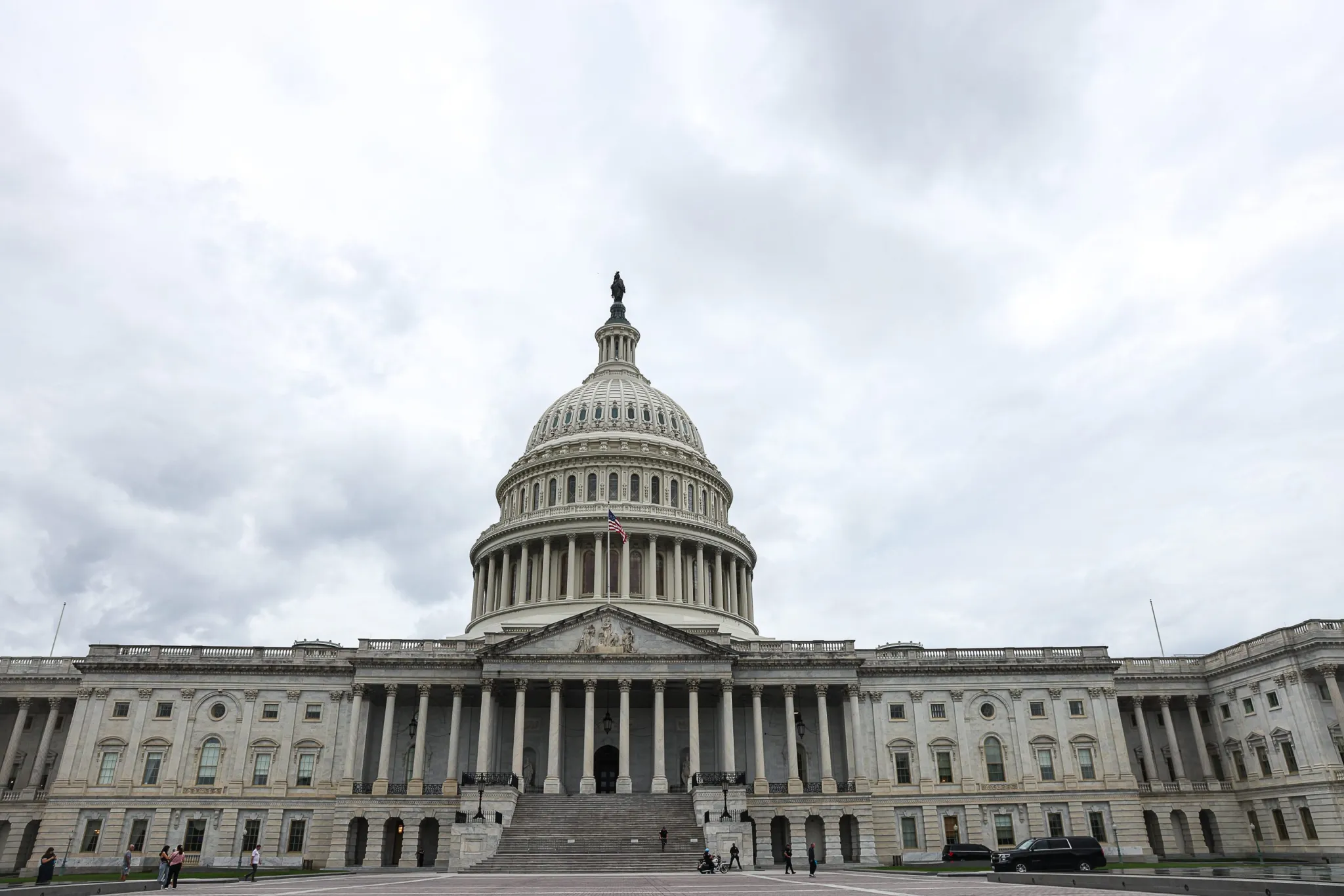We need to close the oral health care gap to improve the world’s well-being
Oral health is about more than just a smile; it’s a critical component of overall health and well-being. Despite its importance, nearly 50% of the world suffers from oral diseases such as cavities, gingivitis, and periodontal disease, often leaving the connection between oral health and overall health overlooked.
This stat becomes even more compelling given that additional research shows that conditions such as periodontal disease can extend far beyond the mouth, contributing to major health challenges like heart disease, diabetes, and respiratory infections. The implications of neglected oral health can also stretch into mental well-being and social-economic development, influencing everything from an individual’s self-esteem and social interactions to their professional growth and economic stability.
To effectively address this issue, we must first acknowledge oral health’s impact on a range of health outcomes. This recognition underscores the urgent need for a more integrated and prevention-centric approach that addresses the critical role of oral health.
The burden of oral health disparities
Oral health disparities represent a significant public health challenge. Research shows the major barriers to accessing dental treatment include high cost, lack of accessible dental services, geographic isolation, fear, anxiety, and low oral health literacy.
Like many noncommunicable diseases—including diabetes, cardiovascular disease, and cancer—oral conditions are chronic and strongly correlate to historically underserved populations such as children, the elderly, Black, Latin, and Indigenous people, among other groups.
The repercussions extend beyond health, impacting economies and societies at large. In 2019, the economic burden of oral diseases across 194 countries was $710 billion. That includes $387 billion in expenditure for treating oral diseases and $323 billion in productivity losses. The social consequences are equally profound, with poor oral health contributing to low school attendance, family life disruptions, and decreased work productivity; this exceeds the economic impact of hypertensive heart disease, asthma and certain cancers.
Ignoring these oral health issues not only worsens the quality of life for these vulnerable groups but also imposes considerable—and potentially avoidable—economic burdens. Addressing these disparities is not only a matter of improving health outcomes, but an economic imperative that can lead to broader societal benefits.
A unified approach to closing the oral health care gap
Addressing the stark realities of oral health disparities sets the stage for identifying actionable solutions, such as improving global oral health literacy.
Our investments in the next generation of oral health care products, communication about the power of preventative oral health and our multidisciplinary work with healthcare professionals and professional associations are helping to close the oral health gap.
Colgate-Palmolive and the World Economic Forum’s Oral Health Affinity Group released a report underscoring the economic rationale for a global commitment to invest in oral health. As part of this report, the Oral Health Affinity Group is calling on various stakeholders to prioritize accessible and preventative oral health measures. Addressing these disparities is a critical cornerstone of any comprehensive strategy aimed at improving overall health outcomes.
The evidence is clear: When we improve oral health, we make a direct, positive impact on a multitude of general health conditions. It’s imperative that we come together from various sectors to collaborate and elevate the importance of oral health in public and healthcare agendas. Doing so paves the way toward a future where oral diseases are proactively prevented, universally acknowledged, and treated as integral to every individual’s well-being.




